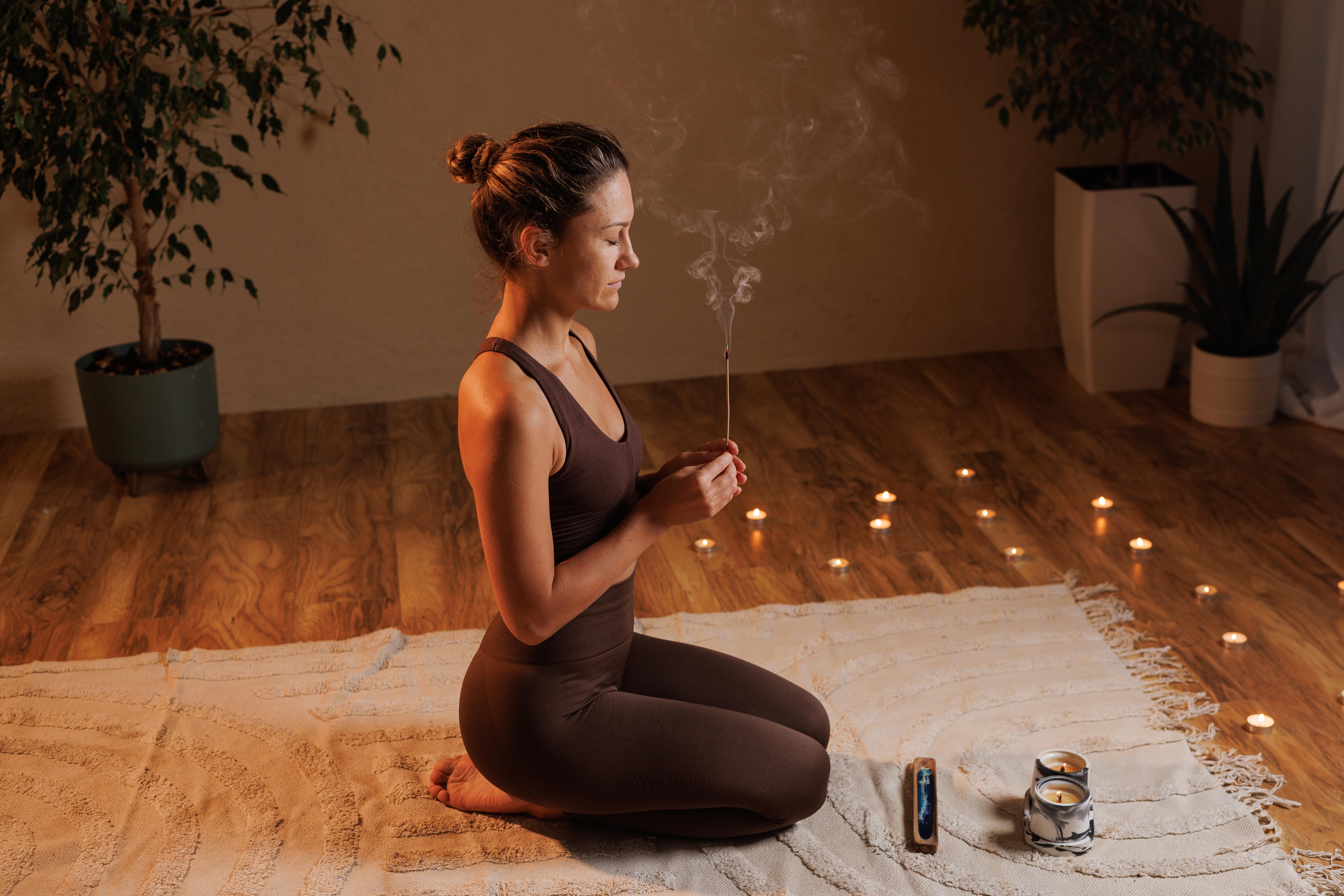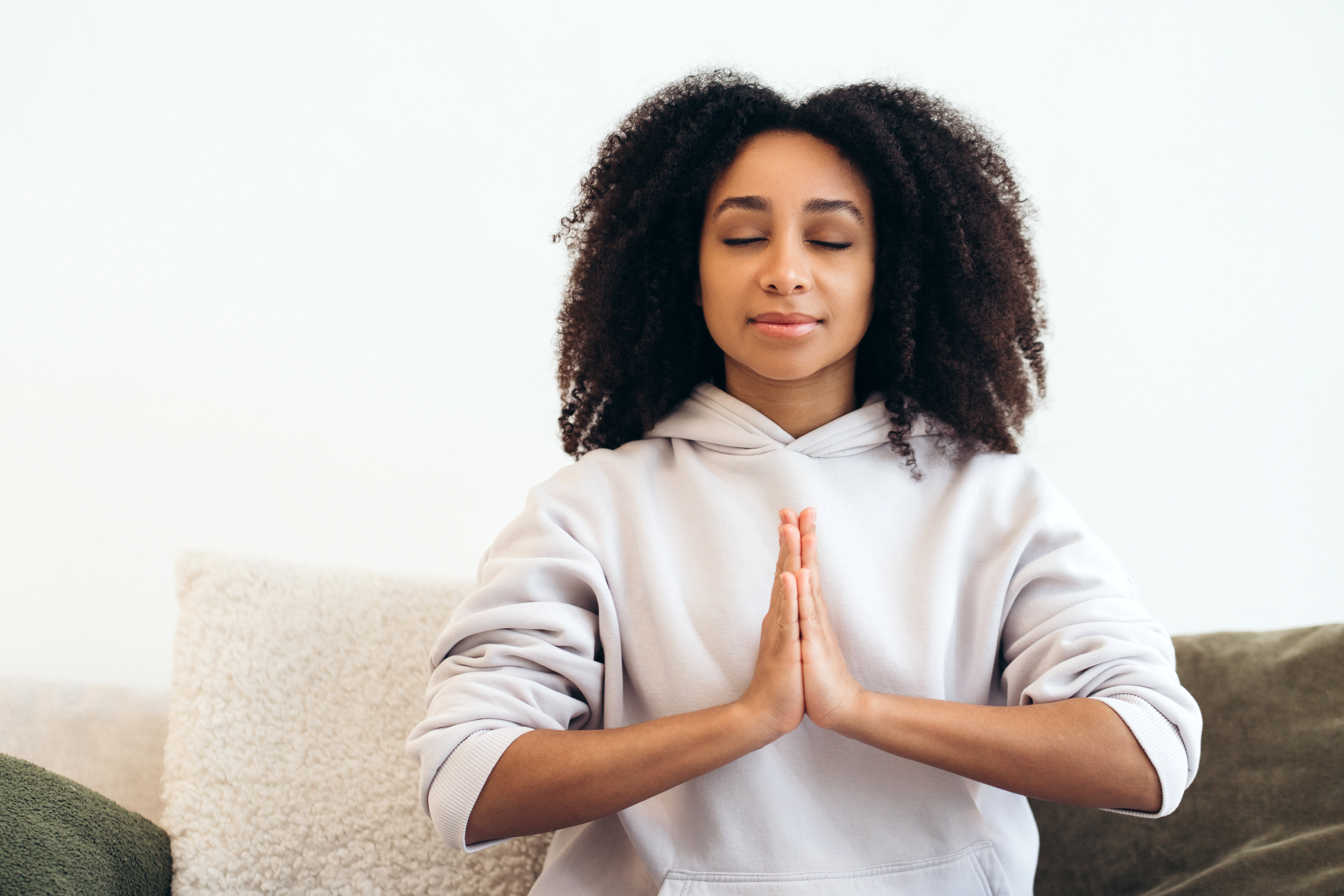Simple Evening Rituals for Your Deepest, Most Restful Sleep
In a world that glorifies hustle and hyper-connectivity, quality sleep often feels like a luxury instead of a basic need. But what if the secret to deeper, more restorative rest isn’t just about what happens in bed—but what you do before it? Your evening routine has the power to either wind your body down or wire your brain up. That’s why we’ve expanded our list to 16 transformative evening rituals that promise to enhance the quality of sleep—simple, intentional practices designed to calm your nervous system, sync with your circadian rhythm, and create a true mental off-ramp. These aren’t one-size-fits-all hacks—they’re science-backed rituals that can be tailored to your lifestyle. Whether you’re battling late-night anxiety, digital overload, or just can’t seem to switch off, these rituals offer a gentle, effective path toward the rest you’ve been craving. Because better days start with better nights—and it all begins with how you end the day.
1. The Power of a Consistent Sleep Schedule

One of the most impactful rituals for achieving restful sleep is maintaining a consistent sleep schedule. Our bodies thrive on routine, and by going to bed and waking up at the same time every day, we reinforce our natural circadian rhythms. This consistency helps regulate the body's internal clock, making it easier to fall asleep and wake up naturally. Research has shown that irregular sleep patterns can lead to poor sleep quality and increased fatigue. By committing to a regular sleep schedule, you create a stable framework that supports the body's natural sleep-wake cycle, leading to deeper, more restorative sleep.
2. The Art of Creating a Sleep-Inducing Environment

The environment in which you sleep plays a crucial role in the quality of your rest. Transforming your bedroom into a sanctuary of sleep involves considering factors such as lighting, temperature, and noise. A dark, cool, and quiet room is ideal for sleep, as it mimics the natural conditions our ancestors experienced. Investing in blackout curtains, a white noise machine, or a fan can help create the perfect sleep environment. Additionally, the choice of bedding and mattress can significantly impact comfort and support, further enhancing your ability to achieve a restful night’s sleep.
3. The Calming Ritual of Evening Meditation

Meditation is a powerful tool for calming the mind and preparing it for sleep. By practicing meditation in the evening, you can reduce stress and anxiety, which are common culprits of insomnia. Techniques such as mindfulness meditation or progressive muscle relaxation can help you focus on the present moment and release tension from the body. Studies have shown that regular meditation can improve sleep quality and increase the duration of deep sleep. Incorporating a short meditation session into your nightly routine can create a peaceful transition from the busyness of the day to the tranquility of sleep.
4. The Soothing Effects of Aromatherapy

Aromatherapy, the use of essential oils for therapeutic purposes, can be a delightful addition to your evening routine. Certain scents, such as lavender, chamomile, and sandalwood, are known for their calming properties and ability to promote relaxation. Diffusing these essential oils in your bedroom or adding a few drops to a warm bath can create a soothing atmosphere conducive to sleep. The olfactory system is directly linked to the brain's limbic system, which is responsible for emotions and memory, making aromatherapy a powerful tool for calming the mind and signaling the body that it is time to wind down.
5. The Benefits of a Digital Detox

In our technology-driven world, screens are a major source of sleep disruption. The blue light emitted by phones, tablets, and computers interferes with the production of melatonin, the hormone responsible for regulating sleep. Engaging in a digital detox by turning off electronic devices at least an hour before bed can significantly improve sleep quality. Instead of scrolling through social media or watching TV, consider reading a book, listening to calming music, or engaging in a relaxing hobby. By disconnecting from technology, you allow your mind to unwind and prepare for a night of restful sleep.
6. The Impact of Evening Nutrition

What you eat and drink in the evening can have a profound effect on your sleep. Heavy meals, caffeine, and alcohol can disrupt sleep patterns and lead to poor sleep quality. Instead, opt for a light, balanced dinner and avoid caffeine and alcohol several hours before bedtime. Incorporating sleep-promoting foods, such as almonds, turkey, and chamomile tea, can help prepare your body for rest. These foods contain nutrients like tryptophan, magnesium, and antioxidants, which support the production of melatonin and serotonin, essential for regulating sleep.
7. The Ritual of Evening Journaling

Journaling before bed is a powerful way to clear the mind and release any lingering thoughts or worries. By putting pen to paper, you can process your emotions, reflect on the day, and set intentions for tomorrow. This practice not only reduces stress and anxiety but also fosters a sense of gratitude and mindfulness. A study published in the Journal of Experimental Psychology found that writing about positive experiences before bed can lead to longer and more restful sleep. By making journaling a part of your nightly routine, you create a mental space of peace and clarity, paving the way for a restorative night's sleep.
8. The Gentle Practice of Evening Yoga

Yoga is renowned for its ability to promote relaxation and physical well-being. Engaging in a gentle yoga routine in the evening can help stretch and relax the muscles, release tension, and calm the mind. Poses such as Child's Pose, Legs-Up-The-Wall, and Corpse Pose are particularly effective for preparing the body for sleep. The focus on deep, rhythmic breathing during yoga helps activate the parasympathetic nervous system, which is responsible for rest and digestion. By incorporating yoga into your evening ritual, you can create a harmonious balance between body and mind, enhancing your ability to drift into a deep, restful sleep.
9. The Warm Embrace of a Nightly Bath

Taking a warm bath before bed is a time-honored ritual for promoting relaxation and sleep. The rise and subsequent fall in body temperature after a warm bath mimics the natural temperature drop that occurs during sleep, signaling to the body that it is time to rest. Adding Epsom salts or essential oils such as lavender or eucalyptus to the bath can enhance its soothing effects. The warm water relaxes the muscles and joints, eases tension, and provides a moment of solitude and reflection. By making a nightly bath a part of your routine, you create a comforting ritual that prepares both body and mind for a night of deep, restorative sleep.
10. The Practice of Gratitude

Cultivating a sense of gratitude before bed can have a profound impact on your sleep quality. By focusing on the positive aspects of your day and expressing gratitude for the people and experiences in your life, you shift your mindset from stress and worry to peace and contentment. This practice can be as simple as listing three things you are grateful for in a journal or reflecting on them in your mind. Research has shown that gratitude can improve sleep quality, increase feelings of well-being, and reduce symptoms of depression and anxiety. By ending your day with gratitude, you create a positive mental state that fosters restful sleep.
11. The Science of Sleep-Inducing Sounds

Sound can be a powerful tool for promoting sleep. White noise, nature sounds, or calming music can mask disruptive noises and create a soothing auditory environment conducive to sleep. Studies have shown that listening to relaxing music before bed can improve sleep quality and increase the duration of deep sleep. Experiment with different sounds to find what works best for you, whether it's the gentle hum of a fan, the sound of ocean waves, or a playlist of calming melodies. By incorporating sleep-inducing sounds into your nightly routine, you can create a tranquil atmosphere that lulls you into a deep, restorative slumber.
13. Switching to Amber or Red Lighting After Sunset

Your brain takes lighting cues seriously. Blue and white light suppress melatonin, keeping your body alert long after sunset. Replacing bright lights with amber or red bulbs in the evening creates a calming environment that supports natural sleep cycles. These warm hues mimic firelight—our ancestral nighttime cue—and help your brain transition to rest mode. Try using red-toned bedside lamps, dimmable bulbs, or screen filters on devices after dark. It’s a subtle shift, but it signals to your brain: it’s time to wind down. Over time, this change can dramatically improve how quickly and deeply you fall asleep.
14. Herbal Tea as a Sleep Signal

Sipping herbal tea each night becomes more than hydration—it becomes a cue for your body to wind down. Varieties like chamomile, valerian root, lemon balm, or passionflower have mild sedative effects and are known to promote relaxation. But the true power lies in the ritual: holding a warm cup, slowing your breath, and stepping away from your day. Choose caffeine-free blends and drink your tea 30–60 minutes before bed. Over time, this simple act becomes an internal signal—one your body will begin to associate with calm, safety, and sleep. It’s comfort in a cup, night after night.
15. Breathwork for the Parasympathetic Switch

If your mind races at bedtime, breathwork can be your off switch. Specific techniques like 4-7-8 breathing or box breathing slow your heart rate, lower blood pressure, and activate the parasympathetic nervous system—the body's rest-and-digest mode. Just five minutes of focused breathing can create a dramatic shift in both mind and body, pulling you out of stress response and into calm readiness for sleep. Unlike meditation, breathwork gives your brain a task—perfect for those who struggle with stillness. Try lying down, closing your eyes, and syncing your breath to a slow, even rhythm. Let your breath lead you into rest.
16. A “Brain Dump” List to Clear Mental Clutter

Ever feel like your brain suddenly gets louder when your head hits the pillow? A nightly brain dump helps. Take 5–10 minutes to jot down everything on your mind—unfinished tasks, lingering worries, even random to-dos. The goal isn’t to solve anything but to externalize it. This clears mental clutter, reduces rumination, and tells your brain it doesn’t need to keep holding all those tabs open. Bonus: you’ll often fall asleep faster because your mind has been given permission to rest. Keep a notebook by your bed and let your pen take the night shift. Sleep follows soon after.
Good Nights, Better Days: Build the Sleep You Deserve

Great sleep doesn’t happen by accident—it’s built, moment by moment, in the quiet choices you make before your head hits the pillow. These 16 transformative evening rituals aren’t quick fixes or sleep gimmicks—they’re invitations to reclaim your nights, reset your nervous system, and reconnect with a rhythm that’s already yours. Whether it’s a sunset walk, a warm cup of herbal tea, or five minutes of breathwork, each ritual is a small act of self-respect that tells your body: it’s safe to rest now. Over time, these habits stack up, creating a powerful foundation for deeper sleep, brighter mornings, and calmer days. So don’t wait for exhaustion to knock you out—create an intentional off-ramp from your day. Because better sleep isn’t just about the hours you log—it’s about the energy you restore. And the most powerful ritual of all? Believing that you’re worthy of rest. Every single night.
